Brad Myler
This may seem like a silly question to ask, but it is exactly the question that the Social Security Administration is going to be asking you if you decide to file for disability benefits. Currently, only about 12% of the total U.S. population is classified as disabled, so you’ll need to see if that’s where you fit based on Social Security’s rules and regulations if you want to win benefits.
You see, there is a very big difference between having a disability, and being disabled. The SSA has issued a list of disabilities that COULD qualify you for disability, but simply having a disability that is on that list does not in any way guarantee that you will qualify for benefits.
When you file for Social Security Disability benefits (also referred to as SSDI), you are required to prove that you are truly disabled, that your disability is severe enough to prevent you from working, and that you have no other source of work-related income that you could rely on for your support other than disability. Disability Determination Services is the agency that makes the medical decision on disability claims for Social Security. People with open disability claims can call the examiner at DDS and request the status of their case. An attorney can also do this for them.
If you have assets that you could sell beyond a certain value or money in a bank account over a certain amount, you may be disqualified regardless of the severity of your disability. If you haven’t worked for at least 5 out of the last 10 years, you may also be disqualified. Understanding in advance the likelihood of you qualifying for benefits can save time, money and heartache.
Getting disability benefits is a very long, very complex process, and one of the best ways to efficiently and effectively navigate that process is by using an advocate group. An advocate is usually a part of a law firm (though not always), who has extensive experience or great familiarity with the ins and outs of the Social Security Disability system.
Some advocates charge upfront, but many are willing to work on a contingency basis, only charging a fee if you win benefits.
If you are considering filing for disability benefits, and aren’t comfortable handling such a complex task alone, you should consider working with one of our advocates, to help you avoid as many potential errors and missteps as possible.


